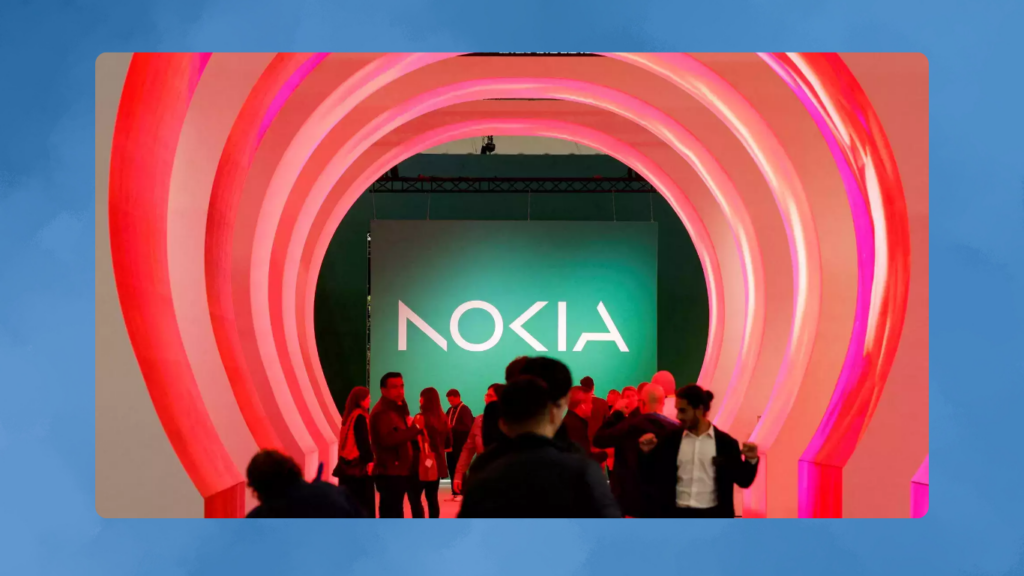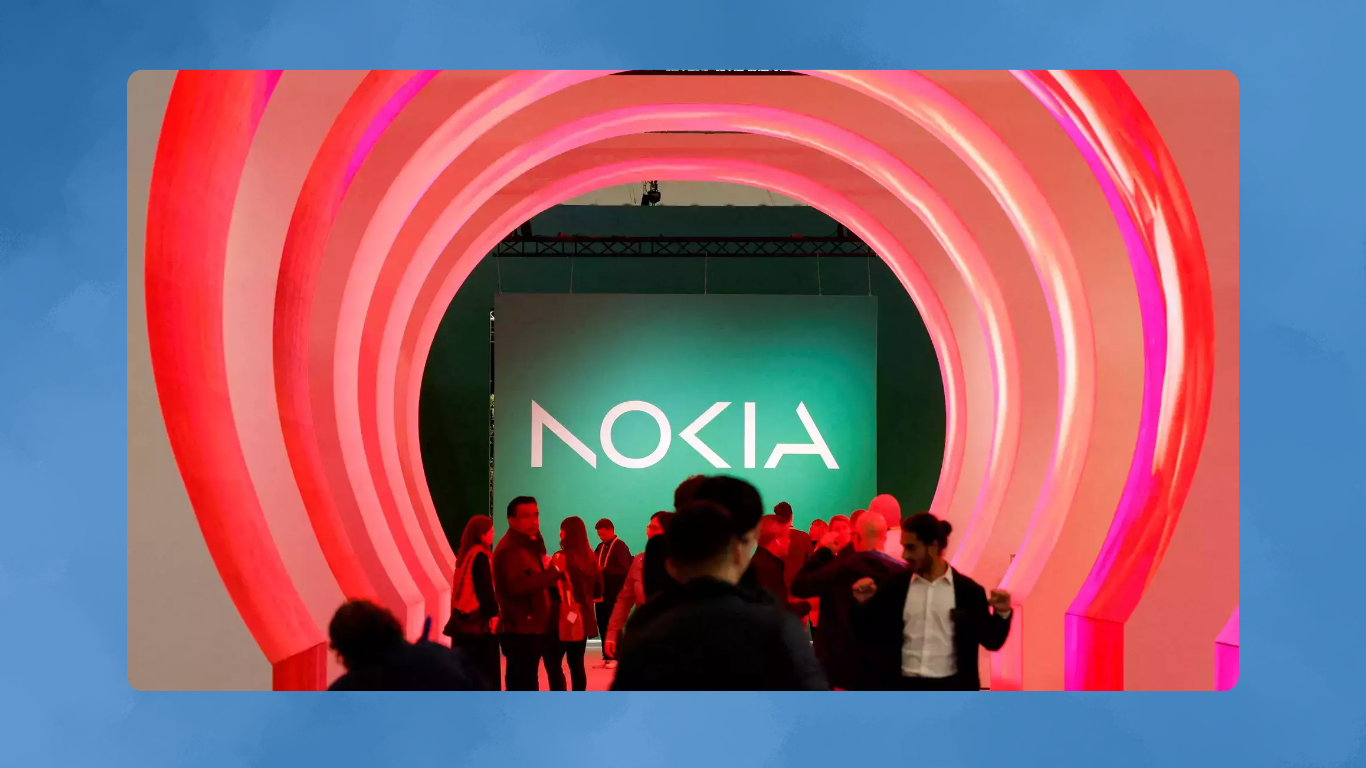5G APIs are currently stuck in a stalemate, with operators and developers each waiting for the other to make the first move. Operators are hesitant to expose their network capabilities until they see a strong commitment from developers, while developers are waiting for operators to take the lead. Nokia believes it has a solution to this problem through a new partnership with consultancy Bounteous x Accolite.

“To get operators to commit, they need to see developers creating applications. On the other hand, developers are waiting for operators to provide access to their networks,” said Daryl Schoolar, an analyst at Recon Analytics. “It’s a classic chicken-and-egg situation where both sides are waiting for the other to act.”
APIs, which are essentially communication channels between different software programs, were a key consideration in the design of 5G. The 5G core relies on APIs for various functions such as billing and traffic management. Additionally, advanced technologies like network slicing and multi-access edge computing (MEC) utilize API technology. Despite these capabilities, the availability of 5G APIs varies across providers, and operators have been cautious about fully embracing them. It took several years for network slicing, a critical feature of 5G, to become widely adopted.
Nokia is taking proactive steps by recruiting developers and bringing them to the operators. The partnership with Bounteous x Accolite aims to develop APIs for sectors like healthcare and gaming, leveraging Nokia’s Network as Code (NaC) platform, according to analysts speaking with Fierce. Any potential 5G APIs developed by Nokia and Bounteous x Accolite for the healthcare industry could build on existing APIs from the Linux Foundation’s CAMARA project, Schoolar noted.
Despite Nokia’s efforts, they still trail behind Ericsson in the race to get operators to adopt 5G APIs. Ericsson’s Vonage division, for instance, secured an API deal with Verizon in February, highlighting their advanced position. “Nokia has some catching up to do. Partnering with Bounteous x Accolite is a strategic move to gain traction and expand their developer community,” commented Leonard Lee, executive analyst at neXt Curve.
Both Lee and Schoolar believe it will take time before APIs become a significant revenue source for 5G networks. “The industry’s ongoing reference to the ‘5G API’ ecosystem indicates there is still a lot of introspection needed. It’s clear that the industry is in the early stages of understanding the ‘API game,’” Lee remarked. Schoolar added that if APIs do generate revenue, developers are likely to claim a larger share than operators. “Most people I’ve surveyed don’t expect to see any commercial benefits for another two to three years,” he said.
“This might be an optimistic outlook. We may not see significant progress until the advent of 6G,” Schoolar concluded. It’s worth noting that despite extensive media and analyst speculation, 6G is still at least six years away from commercial deployment.
Nokia’s initiative with Bounteous x Accolite represents a strategic effort to address the current impasse in the 5G API landscape and pave the way for future advancements.

Subtly charming pop culture geek. Amateur analyst. Freelance tv buff. Coffee lover
